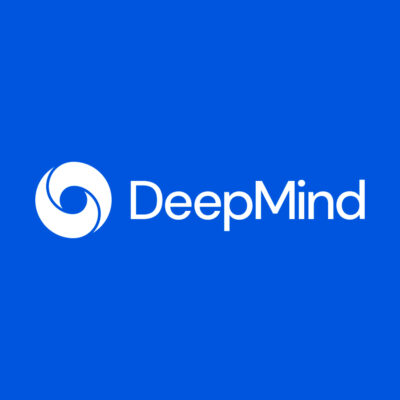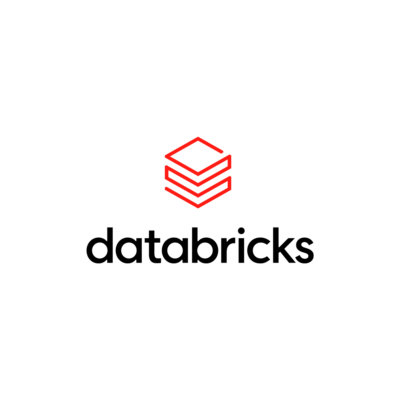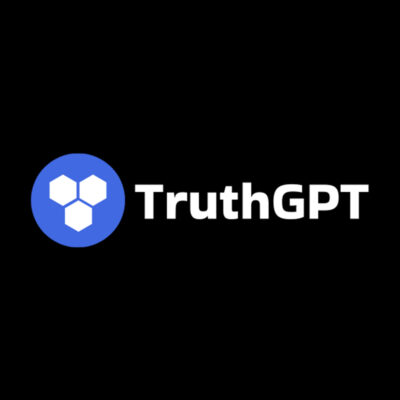Compare Models
-
Deepmind
Chinchilla AI
OTHERGoogle’s DeepMind Chinchilla AI is still in the testing phase. Once released, Chinchilla AI will be useful for developing various artificial intelligence tools, such as chatbots, virtual assistants, and predictive models. It functions in a manner analogous to that of other large language models such as GPT-3 (175B parameters), Jurassic-1 (178B parameters), Gopher (280B parameters), and Megatron-Turing NLG (300B parameters) but because Chinchilla is smaller (70B parameters), inference and fine-tuning costs less, easing the use of these models for smaller companies or universities that may not have the budget or hardware to run larger models.
-
Databricks
Dolly 2.0
FREEDolly 2.0 by Databricks, is the first open source, instruction-following Large Language Model, fine-tuned on a human-generated instruction dataset and is licensed for research and commercial use, which means any organization can create, own, and customize powerful LLMs that can talk to people without paying for API access or sharing data with third parties.Dolly 2.0 is a 12B parameter language model based on the EleutherAI pythia model family and fine-tuned exclusively on a new, high-quality human generated instruction following dataset (crowdsourced among Databricks employees – so cool). Dolly-v2-12b is not a state-of-the-art model, but it does exhibit surprisingly high-quality instruction following behavior not characteristic of the foundation model on which it is based. Dolly v2 is also available in smaller model sizes: dolly-v2-7b, a 6.9 billion parameter based on pythia-6.9b and dolly-v2-3b, a 2.8 billion parameter based on pythia-2.8b.Dolly 2.0 can be used for brainstorming, classification, open Q&A, closed Q&A, content generation, information extraction, and summarization. You can access the Dolly 2.0 can training code, the dataset, and the model weights on Hugging Face. -
StableLM
StableLM-Base-Alpha -7B
FREEStability AI released a new open-source language model, StableLM. The Alpha version of the model is available in 3 billion and 7 billion parameters. StableLM is trained on a new experimental dataset built on The Pile, but three times larger with 1.5 trillion tokens of content. The richness of this dataset gives StableLM surprisingly high performance in conversational and coding tasks, despite its small size. The models are now available on GitHub and on Hugging Face, and developers can freely inspect, use, and adapt our StableLM base models for commercial or research purposes subject to the terms of the CC BY-SA-4.0 license.
-
TruthGPT
TruthGPT
OtherTruthGPT is a large language model (LLM), and according to Elon Musk, TruthGPT will be a “maximum truth-seeking” AI. In terms of how it works, it filters through thousands of datasets and draws educated conclusions to provide answers that are as unbiased as possible. TruthGPT is powered by $TRUTH, a tradable cryptocurrency on the Binance Smart Chain. $TRUTH holders will soon access additional benefits when using TruthGPT AI. When we learn more, we will update this section. -
LMSYS Org
Vicuna-13B
FREEVicuna-13B is an open-source chatbot developed by a team of researchers from UC Berkeley, CMU, Stanford, MBZUAI, and UC San Diego. The chatbot was trained by fine-tuning LLaMA on user-shared conversations collected from ShareGPT. There is a 13B and 7B parameter models that are available on Hugging Face.
Vicuna-13B achieves more than 90% quality of OpenAI ChatGPT and Google Bard while outperforming other models like LLaMA and Stanford Alpaca in more than 90% of cases. The code and weights and an online demo are publicly available for non-commercial use. Here is a link to learn more about how it compares to other models – https://lmsys.org/blog/2023-03-30-vicuna/.
To use this model, you need to install LLaMA weights first and convert them into Hugging Face weights, and the cost of training Vicuna-13B is around $300.






